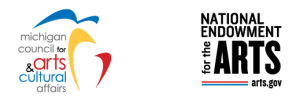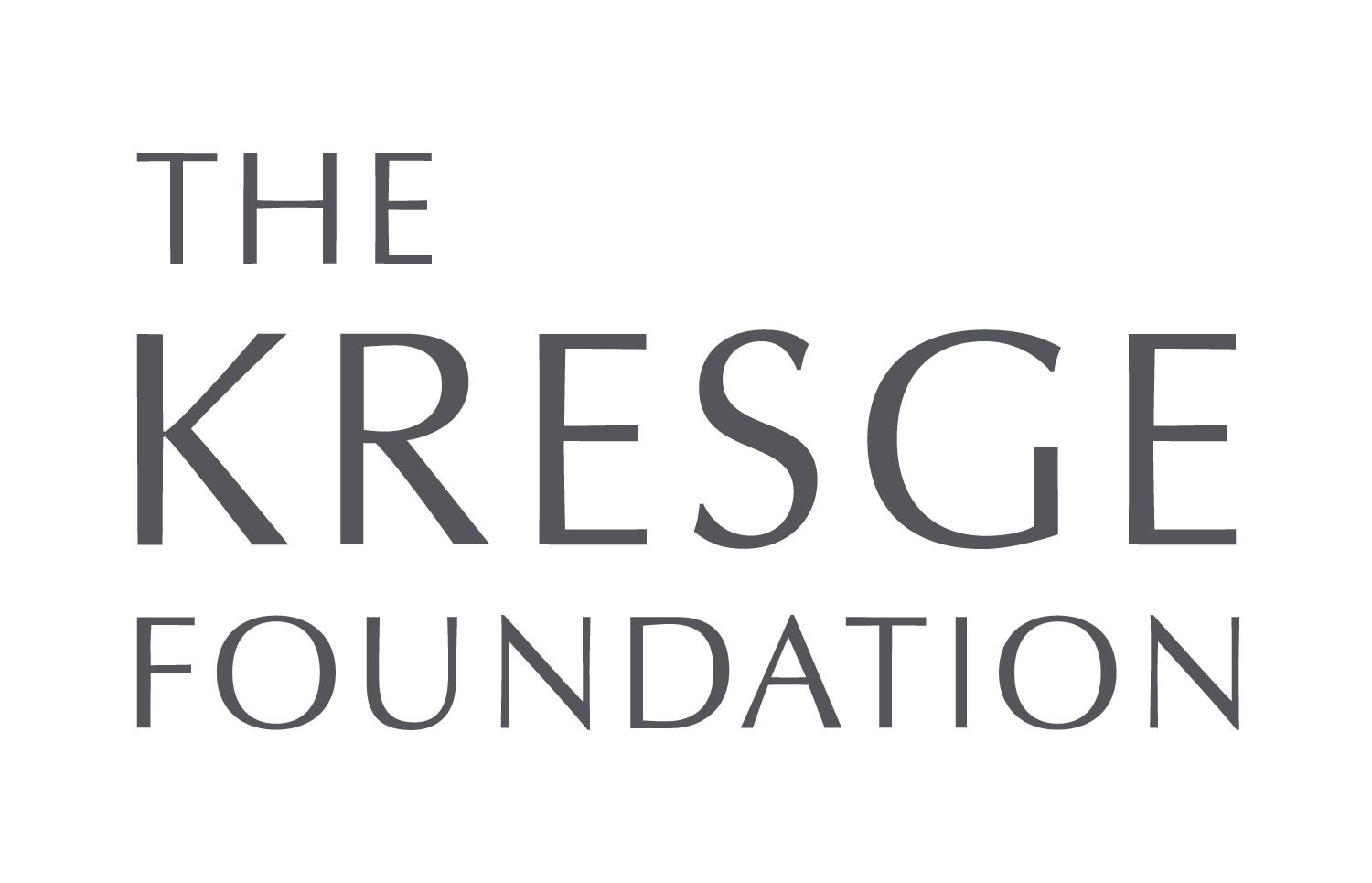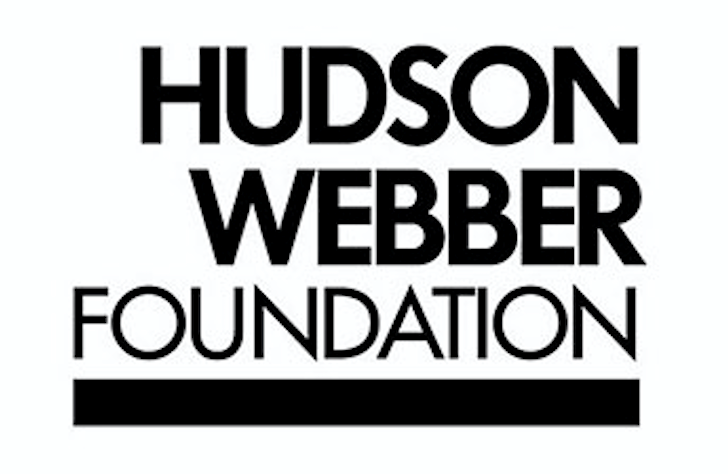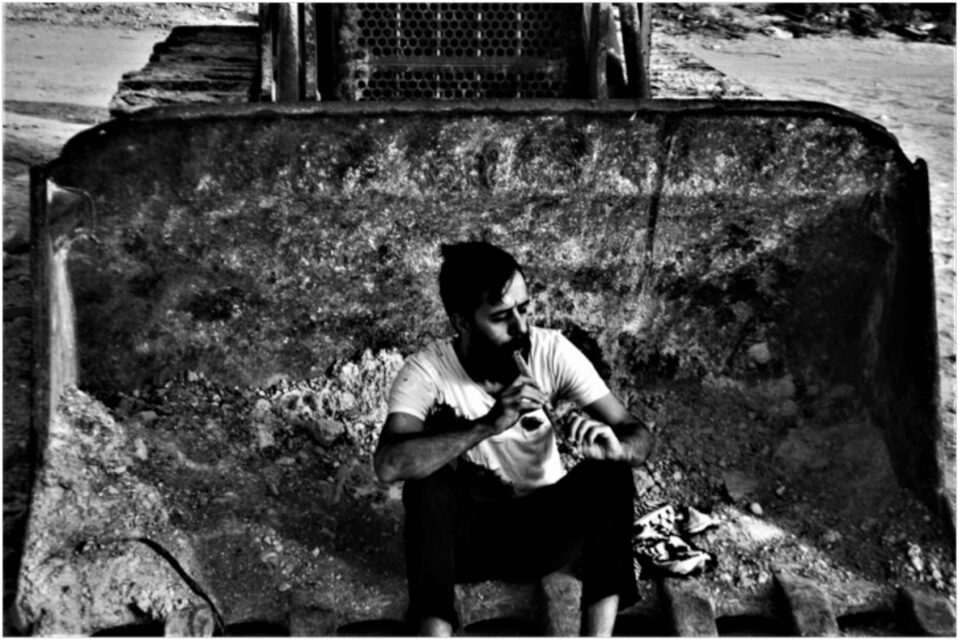2 p.m. EDT Saturday, June 6, 2020
AANM presents a Sukoon bilingual live reading around the theme of Windows/Shababeek, curated and hosted by Sukoon founding editor Rewa Zeinati, and featuring an incredible lineup of Arab writers and poets: Zeyn Joukhadar, Zeina Hashem Beck, Philip Metres, George Abraham, Sahar Mustafa, Zeina Azzam (Arabic) and Farah Chamma (Arabic).
We’ve spent the last several weeks observing life go back and forth to stillness, isolation, fear or healing, all through the windows of our homes (if we are privileged enough to have them). We’ve pondered other people’s lives existing behind their own windows. What joy or confusion or horror was multiplied? Join us for this bilingual poetry and fiction virtual live reading in collaboration with Sukoon, exploring—in the most broad or intimate sense—the various and infinite ways we interpret the barriers, filters or open fields we call “windows” and how these inform the light and shadows we allow or dissipate.
This virtual reading will be streamed live on AANM’s Facebook page, so be sure to RSVP to the Facebook event to be notified and tune in when the livestream goes up.
Image at top: Local musician performs in Eswaira, Morocco. Photo by Alyah Sibay, courtesy of Sukoon.

Zeyn Joukhadar is the author of novels The Map of Salt and Stars (Touchstone/S&S, 2018) and The Thirty Names of Night (Atria/S&S, 3 Nov 2020) and a member of the Radius of Arab American Writers (RAWI). His work has appeared in Sukoon, Salon, The Paris Review Daily, The Kenyon Review and elsewhere, and has been nominated for the Pushcart Prize. The Map of Salt and Stars, currently being translated into twenty languages, was a 2018 Middle East Book Award winner. He has received fellowships from the Montalvo Arts Center Lucas Artists Program, the Arab American National Museum, the Bread Loaf Writers’ Conference, the Camargo Foundation and the Josef and Anni Albers Foundation.

Zeina Hashem Beck is a Lebanese poet. Her most recent collection, Louder than Hearts, won the 2016 May Sarton New Hampshire Poetry Prize. She’s also the author of 3arabi Song, winner of the 2016 Rattle Chapbook prize, There Was and How Much There Was, a 2016 Laureate’s Choice selected by Carol Ann Duffy, and To Live in Autumn, winner of the 2013 Backwaters Prize. Her work has appeared in The New York Times, Poetry, Ploughshares, World Literature Today, The Southeast Review, The Adroit Journal, Triquarterly, the Academy of American Poets and elsewhere. Her poem Maqam won Poetry Magazine’s 2017 Frederick Bock Prize. She’s the founder of the Dubai-based open mic night PUNCH.

Philip Metres has written ten books, including Shrapnel Maps (Copper Canyon 2020), Sand Opera and The Sound of Listening. Awarded the Guggenheim Fellowship, the Lannan Fellowship, three Arab American Book Awards, and two NEAs, he is professor of English and director of the Peace, Justice, and Human Rights program at John Carroll University.
 George Abraham is a Palestinian American poet and PhD candidate at Harvard University. They are a Kundiman fellow, a board member for the Radius of Arab American Writers (RAWI), and a recipient of the College Union Poetry Slam’s Best Poet title. They are the author of the debut poetry collection, Birthright (Button Poetry, April 2020), as well as the chapbooks the specimen’s apology (Sibling Rivalry Press) and al youm (the Atlas Review). Their work has appeared in the American Poetry Review, the Paris Review, LitHub, West Branch and Mizna. They tweet @IntifadaBatata.
George Abraham is a Palestinian American poet and PhD candidate at Harvard University. They are a Kundiman fellow, a board member for the Radius of Arab American Writers (RAWI), and a recipient of the College Union Poetry Slam’s Best Poet title. They are the author of the debut poetry collection, Birthright (Button Poetry, April 2020), as well as the chapbooks the specimen’s apology (Sibling Rivalry Press) and al youm (the Atlas Review). Their work has appeared in the American Poetry Review, the Paris Review, LitHub, West Branch and Mizna. They tweet @IntifadaBatata.

Sahar Mustafah is the daughter of Palestinian immigrants, an inheritance she explores in her fiction. Her first novel The Beauty of Your Face is out now from W.W. Norton, and her short story collection Code of the West was the winner of the 2016 Willow Books Fiction Award. Her stories have earned a Distinguished Story citation from Best American Short Stories 2016, First Place in Fiction from the Guild Literary Complex of Chicago, and three Pushcart Prize nominations, among other honors. Mustafah earned her MFA from Columbia College Chicago where she was the recipient of the David Friedman Award for Best Fiction. She writes and teaches outside of Chicago.
 Zeina Azzam is a Palestinian American poet, editor, and community activist. She works as publications editor for the DC think tank, Arab Center Washington. Her poems are published in Pleiades, Cordite Poetry Review, Mizna, Sukoon, Beltway Poetry Quarterly, Split This Rock, Heartwood Literary Magazine, Lunch Ticket, The Fourth River, Barzakh: A Literary Magazine, Infinite Rust; and the edited volumes Bettering American Poetry, Making Mirrors: Writing/Righting by and for Refugees, Write Like You’re Alive, The Poeming Pigeon: Love Poems, Gaza Unsilenced and Yellow as Turmeric, Fragrant as Cloves. She holds an M.A. in Arabic literature from Georgetown University.
Zeina Azzam is a Palestinian American poet, editor, and community activist. She works as publications editor for the DC think tank, Arab Center Washington. Her poems are published in Pleiades, Cordite Poetry Review, Mizna, Sukoon, Beltway Poetry Quarterly, Split This Rock, Heartwood Literary Magazine, Lunch Ticket, The Fourth River, Barzakh: A Literary Magazine, Infinite Rust; and the edited volumes Bettering American Poetry, Making Mirrors: Writing/Righting by and for Refugees, Write Like You’re Alive, The Poeming Pigeon: Love Poems, Gaza Unsilenced and Yellow as Turmeric, Fragrant as Cloves. She holds an M.A. in Arabic literature from Georgetown University.

Farah Chamma is a Palestinian writer and performer. She writes multilingual content for the stage, mainly in Arabic, English and French, usually accompanied by live music. She studied Philosophy and Sociology at the Sorbonne University (Abu Dhabi and Paris) followed by a Master’s Degree in Performance and Culture at Goldsmiths, University of London.
 Rewa Zeinati is a Lebanese American poet, writer and educator and the founding editor of Sukoon. She is the author of the poetry chapbook, Bullets & Orchids (Corrupt Press, 2013) and her work is published in several journals and anthologies, including Prairie Schooner, Guernica, Diode, Grist, So To Speak, The Spectacle, Natural Bridge Journal, Quiddity, Mizna, Uncommon: Dubai and Making Mirrors: Writing/Righting by Refugees, among others. She’s lived in three countries and eight cities in the past decade, and now considers metro Detroit her new home.
Rewa Zeinati is a Lebanese American poet, writer and educator and the founding editor of Sukoon. She is the author of the poetry chapbook, Bullets & Orchids (Corrupt Press, 2013) and her work is published in several journals and anthologies, including Prairie Schooner, Guernica, Diode, Grist, So To Speak, The Spectacle, Natural Bridge Journal, Quiddity, Mizna, Uncommon: Dubai and Making Mirrors: Writing/Righting by Refugees, among others. She’s lived in three countries and eight cities in the past decade, and now considers metro Detroit her new home.
Sukoon is an independent, online literary journal, publishing Arab-themed art and literature in English, by established and emerging artists, poets and writers of short stories and personal essays, reflecting the diversity and richness of the cultures of the Arab world. Learn more about Sukoon.

Made possible in part by


![]()

Due to the pandemic, we have been closed to the public since March 13. Closed doors mean that our earned revenue streams have dried up, and corporate funds have been pivoted to assist with COVID-19 relief or for their own financial survival. We are looking forward to the day we can safely reopen, but until then, we need your support.

